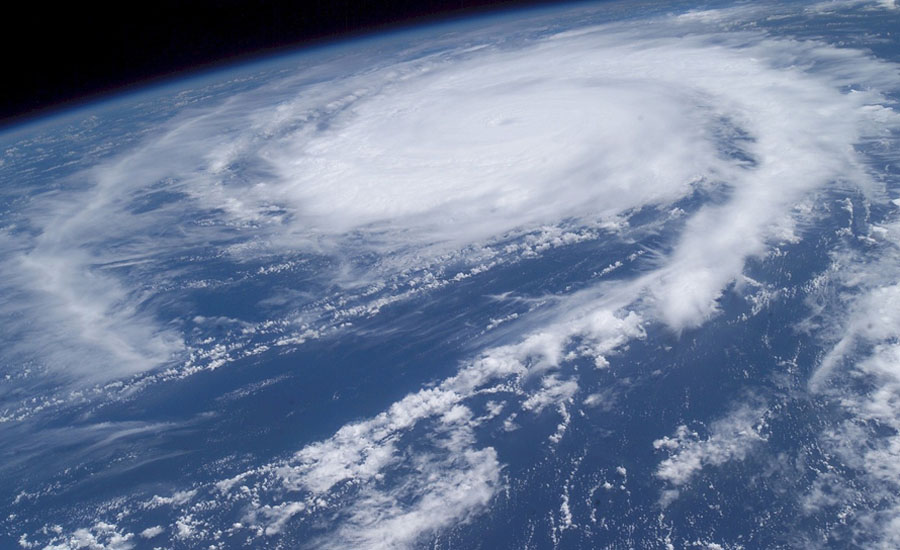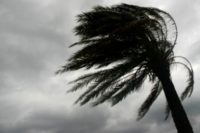U.S. Coast Guard recovery teams in Puerto Rico and the U.S. Virgin Islands are hard at work locating, assessing and retrieving vessels that were sunken and damaged by Hurricanes Maria and Irma. The task is an urgent one, since leaking oil, fuel and hazardous materials pose a significant threat to the environment and human health.
The EPA is assisting in the effort, coordinating with federal, commonwealth, territory, and local partners.
Minimizing damage
“Our role is to assist both Puerto Rico and the U.S. Virgin Islands to minimize environmental damage from boats leaking gasoline, fuel or other contaminants,” said EPA Regional Administrator Pete Lopez. “We are doing this in a way that respects the vessel owner’s rights while still protecting people from spills and hazardous substances that might be onboard the vessels.”
The sunken vessels must be located, identified and evaluated for its condition as well as its potential impact to surrounding areas and/or sensitive/protected habitats (e.g. mangroves, coral reefs). A higher priority is placed on vessels found to be actively leaking fuel or hazardous materials, where containment and absorbent booms are placed to decrease contamination.
Once the damaged vessels are brought to shore, or are processed on a staging barge, EPA handles various hazardous materials for recycling and disposal, including petroleum products (oil, gas or diesel fuel), batteries, and e-waste, which can harm the environment if they’re not removed from the waters. EPA will also recycle or dispose of any “household hazardous wastes,” such as cleaners, paints or solvents and appliances from the vessels. It is important to properly dispose of these items to prevent contamination to the aquatic ecosystem.
Getting in touch with owners
Vessels are being tagged by assessment teams with a sticker requesting that owners contact the U.S. Coast Guard to either report their vessel’s removal, or to request U.S. Coast Guard assistance in its removal. There is no cost, penalty or fine associated with the removal of the vessels.
As of last week,
- 340 vessels were identified as being impacted in Puerto Rico
- 589 vessels were identified as being impacted in the U.S. Virgin Islands



